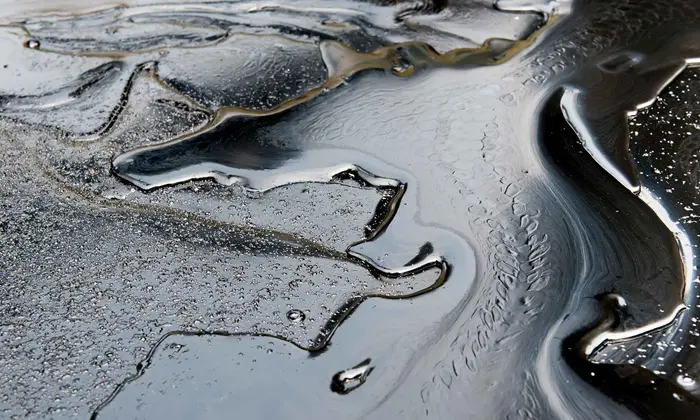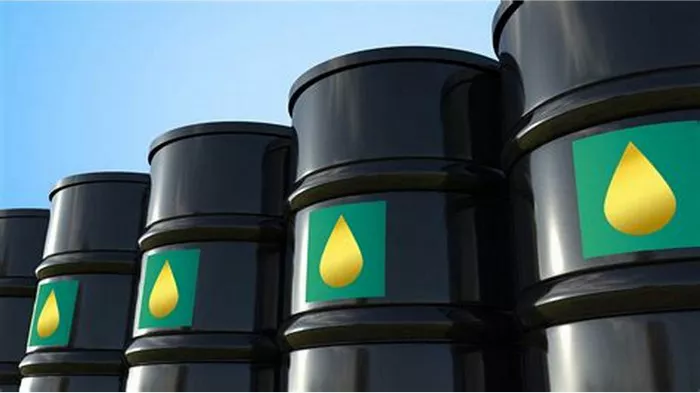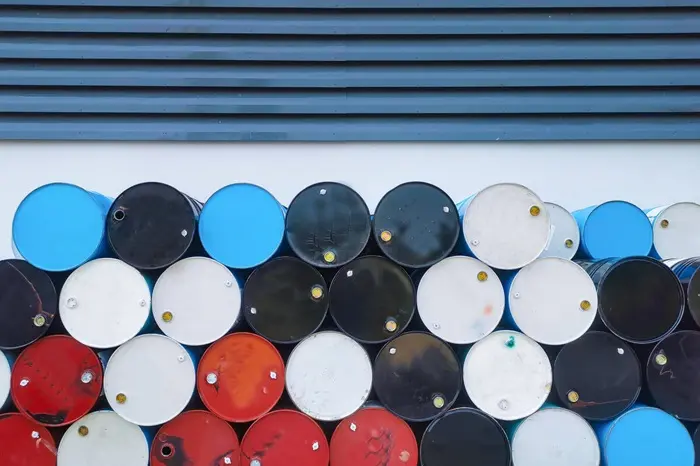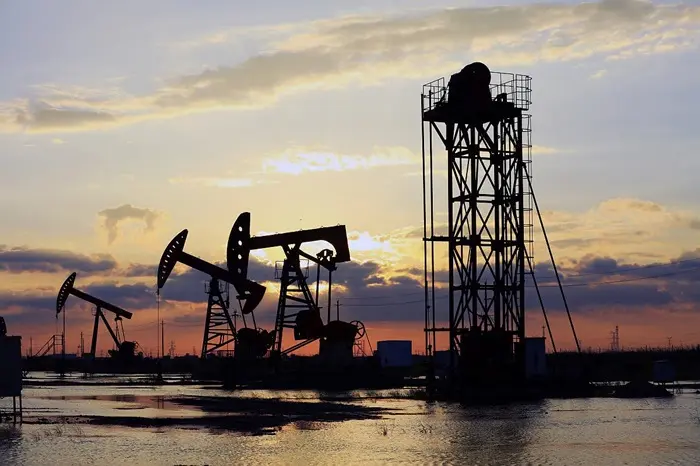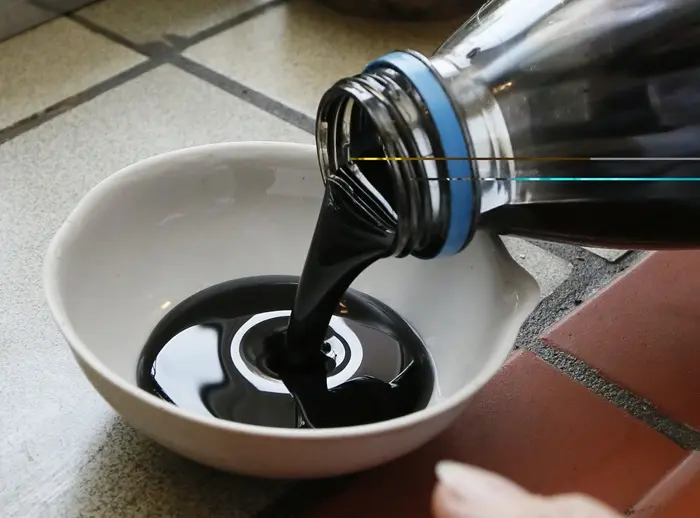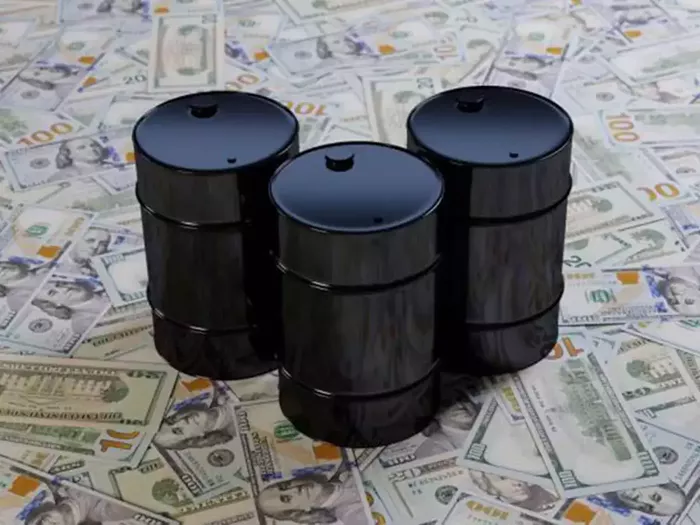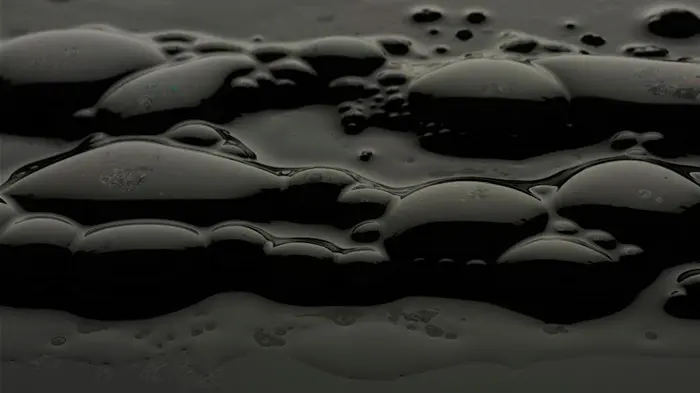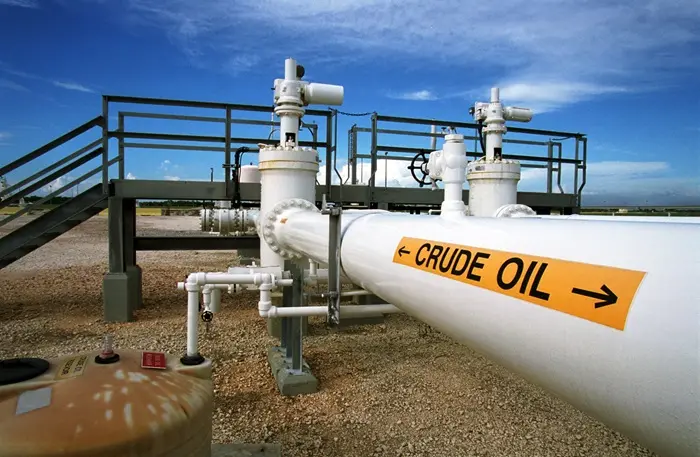Crude oil, often called “black gold,” is one of the most vital commodities in the world today. It powers industries, fuels vehicles, and is integral to the production of countless products we use daily. However, like many resources, the origins of crude oil’s use in human history are far less glamorous than its modern applications.
In this article, we will explore the early uses of crude oil, trace its historical significance, and examine how it evolved from a simple resource into a globally traded commodity. We will delve into its first uses, how it was discovered, and how people began to realize its potential long before the rise of modern industries.
The Discovery of Crude Oil
Crude oil has been around for millions of years, formed deep beneath the Earth’s surface from the remains of plants and animals. However, its discovery as a useful substance for humans happened much later in history.
1. Ancient Knowledge of Oil
The earliest known use of crude oil dates back thousands of years to ancient civilizations. While crude oil itself wasn’t refined or processed as it is today, its raw form was used for various purposes.
In ancient Mesopotamia, around 3,000 BCE, people discovered natural tar pits, such as those found in the region of Sumer (modern-day Iraq). This tar, known as bitumen, was often used for waterproofing boats and buildings.
Ancient Egyptians also utilized crude oil in its natural state. Bitumen was used in the embalming process of mummies, as it helped preserve bodies and prevent decay. It was also used as a binder in their construction, particularly in the construction of monuments and tombs.
2. The Ancient Middle East
By 2,000 BCE, the use of oil expanded throughout the Middle East. The Babylonians and Assyrians used it as an adhesive for their military weapons, such as the ancient “fire arrows.” These weapons would use bitumen as a sticky, flammable substance to enhance their destructive capability.
In Persia (modern-day Iran), oil was used to fuel lamps, providing light to cities and homes. The natural seepages of crude oil were considered valuable resources, and people began to dig wells to extract it.
3. Early Uses in China and Greece
Crude oil was also used in ancient China and Greece, but its applications were still primitive. The Chinese used it as a medicinal substance. In addition, it was used to fuel lamps and for waterproofing boats.
In Ancient Greece, oil was used in various forms, including as a lubricant for chariot wheels and machinery. They also employed it in their medical practices, utilizing it for ointments and salves.
The Evolution of Crude Oil Use
While the ancient world recognized the presence of oil, it wasn’t until much later that crude oil began to be used on a larger scale. The discovery of new uses and more efficient methods of extraction dramatically changed how people interacted with oil.
1. The Industrial Revolution
The Industrial Revolution, beginning in the 18th century, brought a significant shift in the demand for energy sources. As the world industrialized, the need for a more efficient fuel source became paramount.
Before the widespread use of crude oil, coal was the dominant source of energy for steam engines, manufacturing, and heating. However, as industries expanded and transportation networks grew, the limitations of coal became evident. The transition to more efficient and versatile energy sources began with the discovery of oil.
2. The First Commercial Oil Wells
The first significant commercial use of crude oil began in 1859 when Edwin Drake drilled the first successful oil well in Titusville, Pennsylvania, USA. This well produced kerosene, a refined product from crude oil, which quickly became the first major use for crude oil in the United States.
Kerosene was initially used as a replacement for whale oil, which was once the primary source of light before the widespread use of electric lights. Kerosene lamps were a major source of illumination in homes, businesses, and streetlights throughout the 19th century.
3. The Rise of Oil Refineries
Following the success of kerosene, the demand for crude oil increased. Refineries began to pop up in oil-rich regions to convert crude oil into usable products. By the late 1800s, companies were producing not only kerosene but also lubricating oils, which were used to improve the efficiency of machinery in factories and locomotives.
During the late 19th and early 20th centuries, crude oil also started to be used in the production of various chemicals and products such as soaps, perfumes, and paints, expanding its use beyond just a source of fuel.
Crude Oil and the Birth of Modern Fuel
The next critical development in the history of crude oil came with the advent of the automobile.
1. The Automobile Era
The invention of the internal combustion engine by Karl Benz in the late 1800s and the subsequent creation of the automobile created an enormous demand for gasoline, a refined product of crude oil.
Gasoline, along with diesel, quickly became essential for powering the growing number of automobiles on the road, which in turn increased the global demand for crude oil.
The oil industry’s rapid growth was further fueled by World War I and World War II, where oil became a strategic resource for military operations, powering everything from tanks to airplanes.
2. Post-War Economic Boom
After World War II, the economic boom led to an unprecedented increase in the demand for oil products. The rise of consumer vehicles, suburban living, and the global expansion of industries all relied heavily on oil.
During this period, the refining process improved, and new products such as synthetic rubber, plastics, and even pharmaceuticals began to be derived from oil, further cementing its status as a critical resource.
3. Oil as a Global Commodity
As crude oil became essential to the global economy, it was no longer just a local resource. Oil became a global commodity, traded on world markets, and controlled by powerful organizations like OPEC (Organization of the Petroleum Exporting Countries).
Oil prices became a key driver of global economic trends. As oil was increasingly used for industrial, transportation, and heating purposes, countries with large oil reserves became highly influential in international relations.
See Also: What Type of Crude Oil Is Used to Make Gasoline?
The Modern Uses of Crude Oil
Today, crude oil is refined into a variety of products that power industries, drive economies, and provide the materials for everyday life. The most common uses of crude oil include:
1. Fuel for Transportation
Gasoline, diesel, and jet fuel are the most common fuels derived from crude oil, powering cars, trucks, planes, and ships.
2. Energy Production
Crude oil is still used in some regions for heating homes and generating electricity, though natural gas has become a more popular energy source in many areas.
3. Chemical Products
Crude oil is used to produce a wide range of chemical products, including plastics, synthetic fibers, fertilizers, and chemicals used in pharmaceuticals and cosmetics.
4. Lubricants and Asphalt
Lubricating oils for machinery, as well as asphalt for roads and roofs, are also derived from crude oil.
The Future of Crude Oil
While crude oil has been indispensable in powering the world for over a century, there are concerns about its environmental impact. The rise of renewable energy sources and electric vehicles poses challenges to the future dominance of oil. However, the versatility of crude oil, especially in chemical manufacturing and other non-fuel uses, ensures that it will likely remain an important part of the global economy for years to come.
1. Renewable Energy Transition
As the world moves toward cleaner energy solutions, the role of crude oil in electricity generation and transportation is expected to decline. However, the petrochemical industry will continue to depend heavily on crude oil.
2. Alternative Fuels
Innovations in alternative fuels, such as biofuels and hydrogen, could reduce the demand for traditional petroleum-based products.
Conclusion
Crude oil’s first uses were far from what we know it for today. It started as a simple substance utilized by ancient civilizations for waterproofing, lighting, and even as a medicinal compound. Over centuries, crude oil’s applications expanded, particularly during the Industrial Revolution and the rise of the automobile.
Today, crude oil plays an indispensable role in powering industries, transportation, and daily life. However, as the world moves toward cleaner energy alternatives, the future of crude oil may shift. Regardless, its historical significance and its contributions to modern civilization are undeniable, and crude oil will likely remain a vital resource for many years to come.
Related topics:


